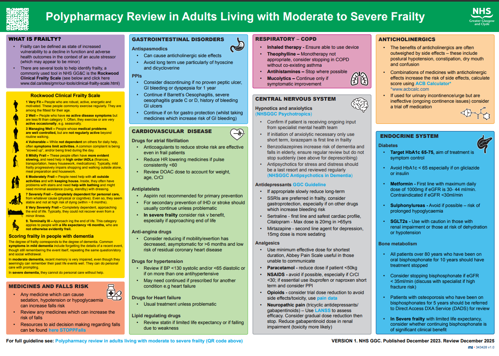A Treatment Escalation Plan (TEP) is a communication tool which is helpful in hospital when a person with serious illness has the potential for acute deterioration or may be coming towards the end of their life. Sometimes doing everything possible may actually lead to harm – to more suffering and distress rather than less - and without any particular gain. What can be done and what should be done may not necessarily be the same thing. Treatment Escalation Plans should be discussed and made based on personalised realistic goals rather than ‘one size fits all’ treatment.
Crucially, a TEP provides on-call hospital staff with immediately accessible guidance about how to respond to an individual in times of crisis, especially out of hours and at weekends. A TEP becomes particularly important when there is agreement that interventions or referrals for more intensive care that are contrary to a person’s wishes or are futile or burdensome should not be undertaken. Equally in many patients who may have an agreed DNACPR, a TEP clarifies all the treatments and care that should continue.
The TEP being used in NHSGGC has recently been updated (Oct 2020) and is accessible via the following link:
Treatment Escalation Plan (PDF)
Copies for your department can be ordered from GRI Medical Illustration (Medical.IllustrationGRI@ggc.scot.nhs.uk or 0141 211 (2) 4692) quoting order number mi-314118.
In severe illness quality of care becomes more important than ever but the goals of treatment are different for different people. Hospital care is becoming more and more complex and both patients and their families are particularly vulnerable to the impact of errors, harms and poor communication. It is especially important for hospital staff to understand and respect the values and preferences of the people they are looking after and to discuss with them a plan for emergencies.
